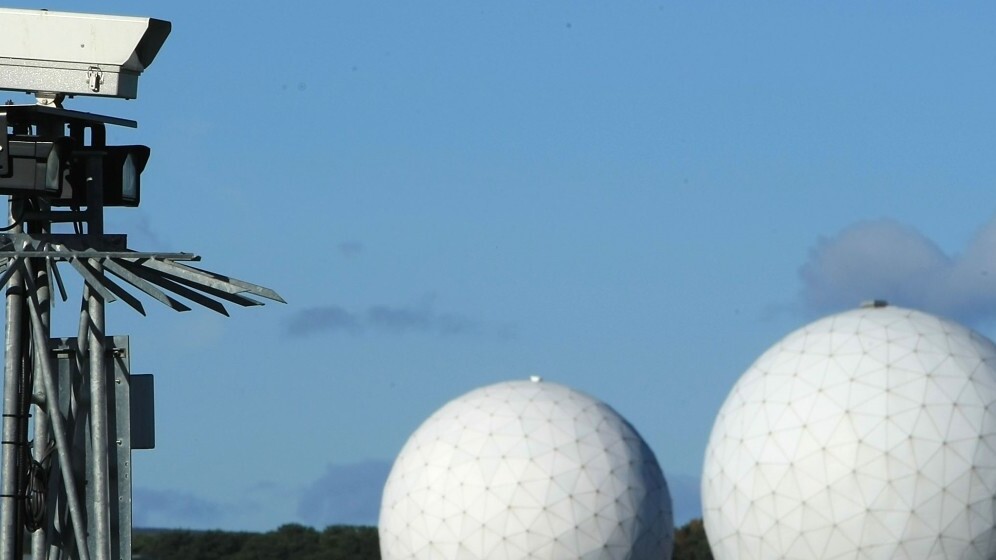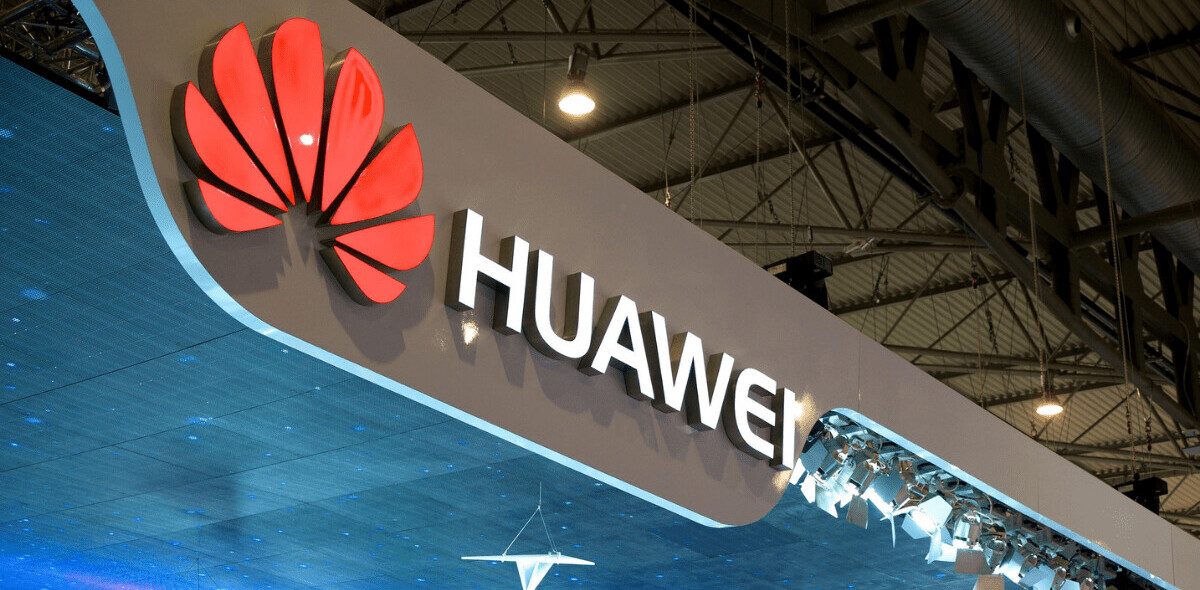
The UK government has confirmed that it has taken recommendations to heart about reviewing the role of Huawei’s involvement in critical national infrastructure via its cybersecurity center in Banbury and will conduct a full review.
A report recommending the UK reviews the involvement of other nations in national security infrastructure was published earlier this month (although it was presented in Parliament in June) by the Intelligence and Security Commission (ISC) and it seems the Cabinet Office was listening. A spokesman told The Next Web today that:
“The Government has carefully considered the ISC’s report on Foreign Investment in the Critical National Infrastructure and its particular focus on managing new threats to the UK’s telecommunications systems and networks.
We take threats to our Critical National Infrastructure (CNI) very seriously and need to be responsive to changes in a fast-moving and complex, globalised telecommunications marketplace. We have robust procedures in place to ensure confidence in the security of UK telecommunications networks.
However, we are not complacent and as such we have agreed to the main recommendation of the report to conduct a review of Huawei’s Cyber Security Evaluation Centre (the ‘Banbury Cell’) to give assurance that we have the right measures and processes in place to protect UK telecommunications.”
One of the key observations of the report specifically relating to Huawei was that the relationship between BT (the incumbent telecoms company in the UK, and owner of virtually all of the key infrastructure) and Huawei was formed a long time ago – the Chinese company provides it with equipment – and that “the process for considering national security issues at that time was insufficiently robust”. Additionally, it said:
“The Committee was shocked that officials chose not to inform, let alone consult, Ministers on such an issue. We are not convinced that there has been any improvement since then in terms of an effective procedure for considering foreign investment in the CNI. The difficulty of balancing economic competitiveness and national security seems to have resulted in stalemate. Given what is at stake, that is unacceptable.”
Huawei has come under fire for playing a vital role in other nations’ critical infrastructure in the past, largely based on concerns about the company’s roots. It was founded by Ren Zhengfei, a former People’s Liberation Army officer. Huawei has always maintained it has no links to the Chinese government or military. In response to the government’s decision to review its role, a spokeswoman for the company said:
“Huawei welcomes the statement from the UK Government in response to the Intelligence and Security Committee (ISC) report published in June 2013 […] Huawei supports the decision that the National Security Advisor should review the Cyber Security Evaluation Centre.
Huawei shares the same goal as the UK government and the ISC in raising the standards of cyber security in the UK and ensuring that network technology benefits UK consumers. Huawei is open to new ideas and ways of working to improve cyber security.”
Featured Image Credit – Getty Images
Get the TNW newsletter
Get the most important tech news in your inbox each week.




